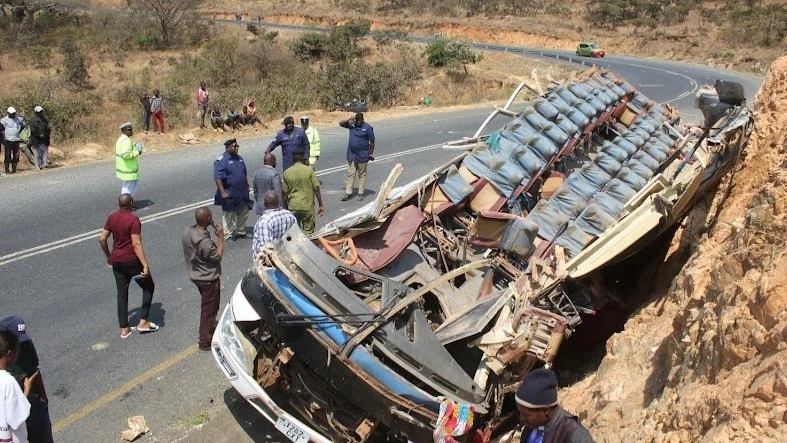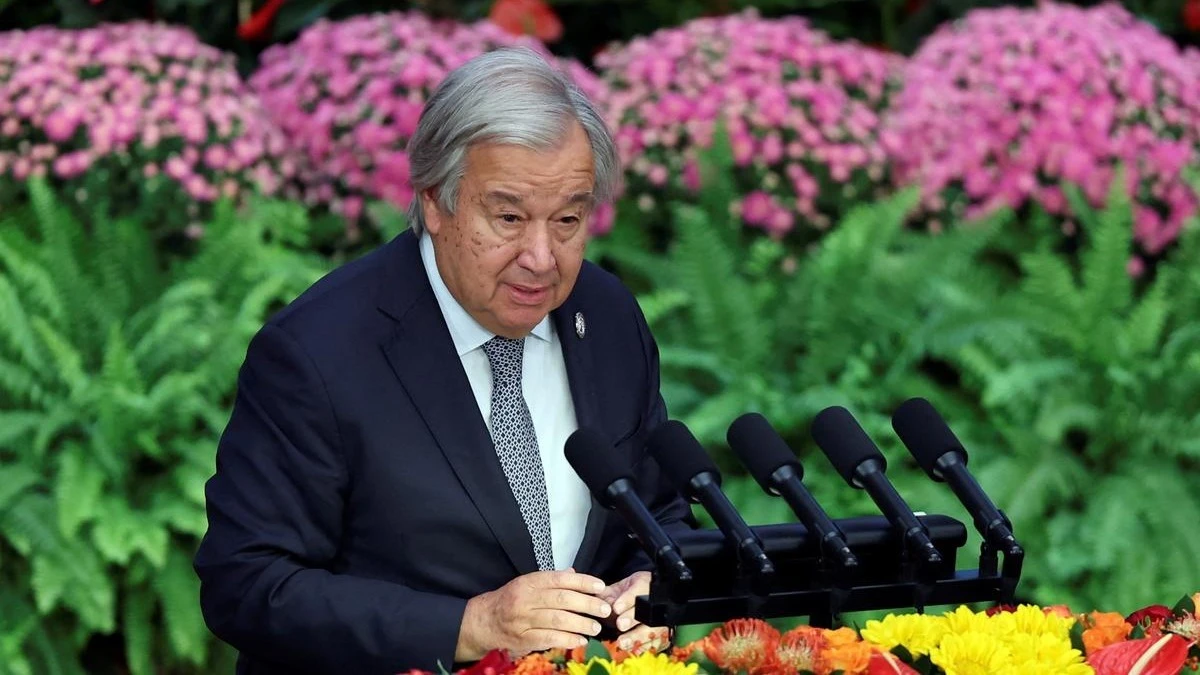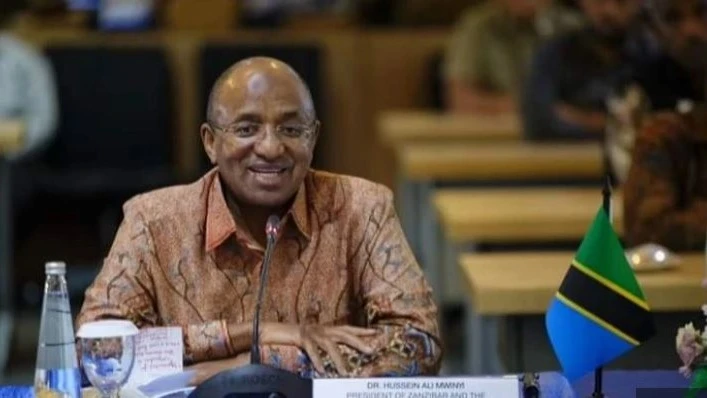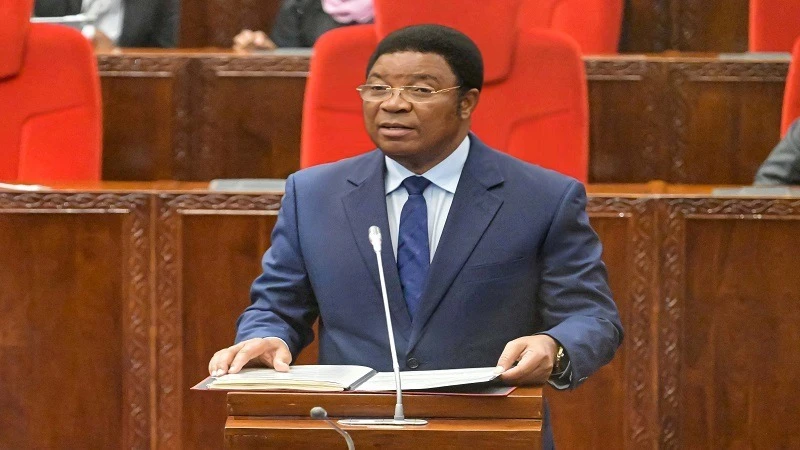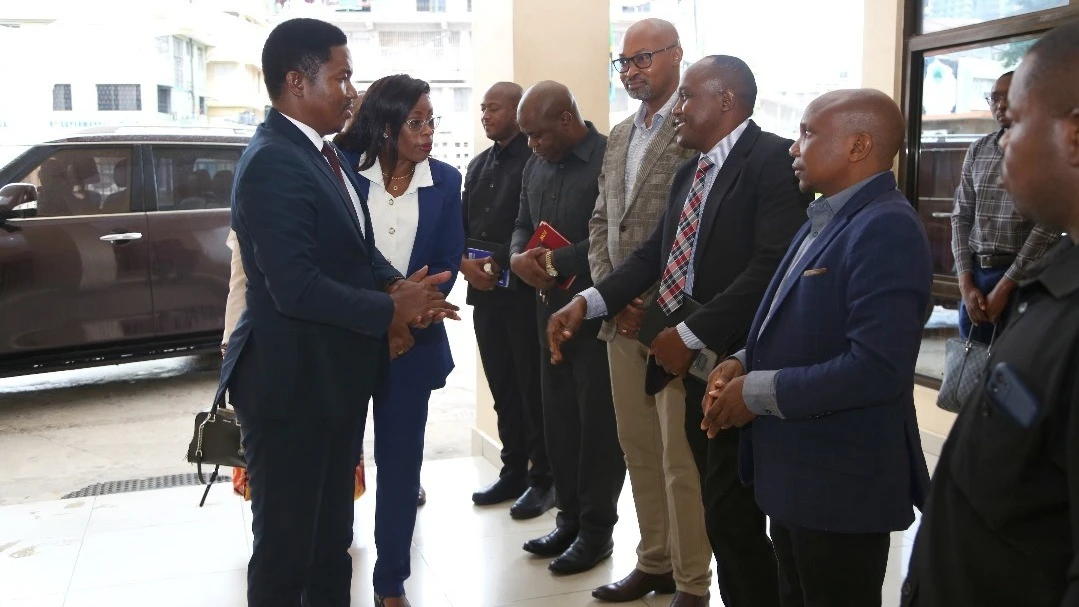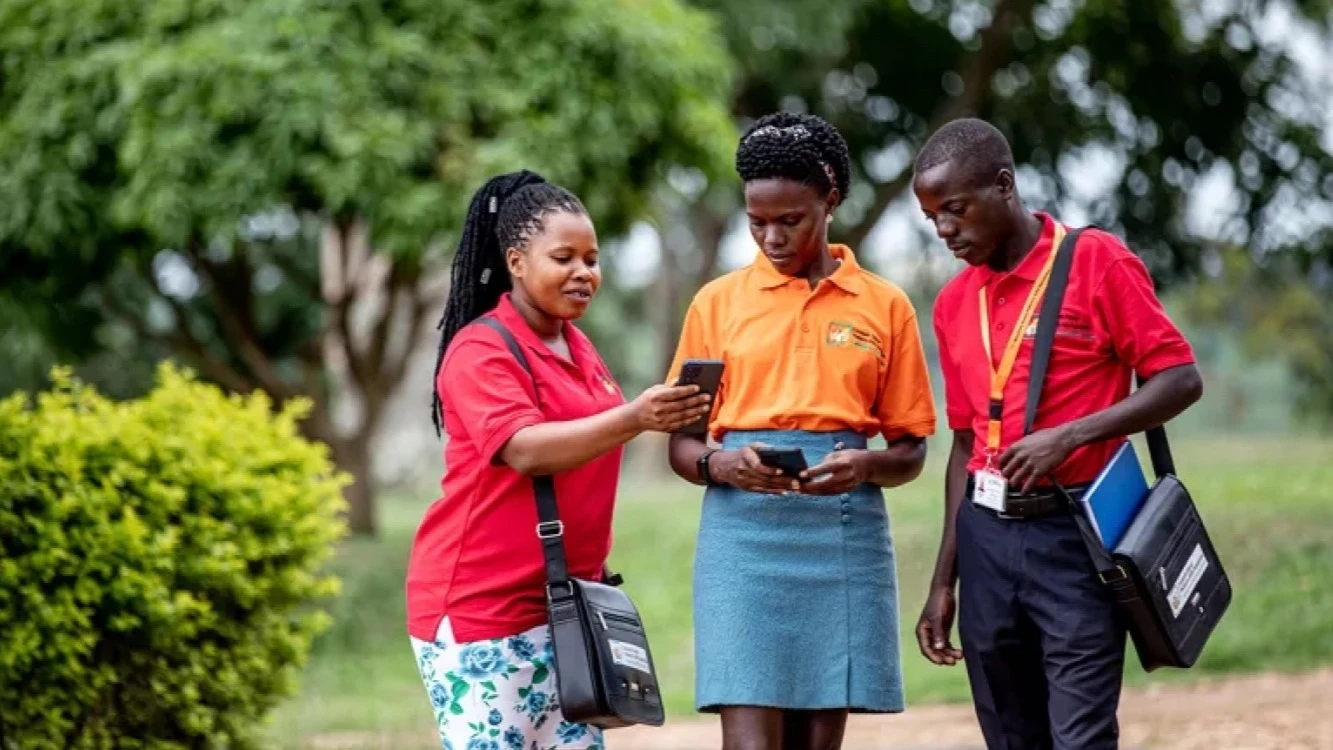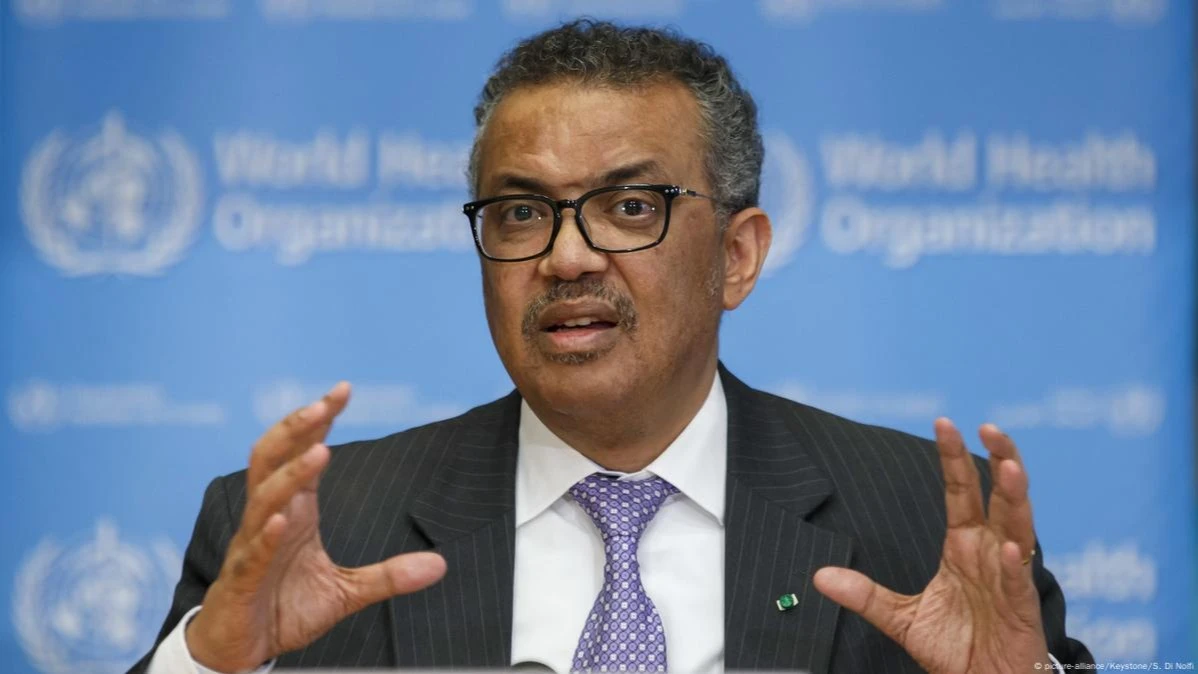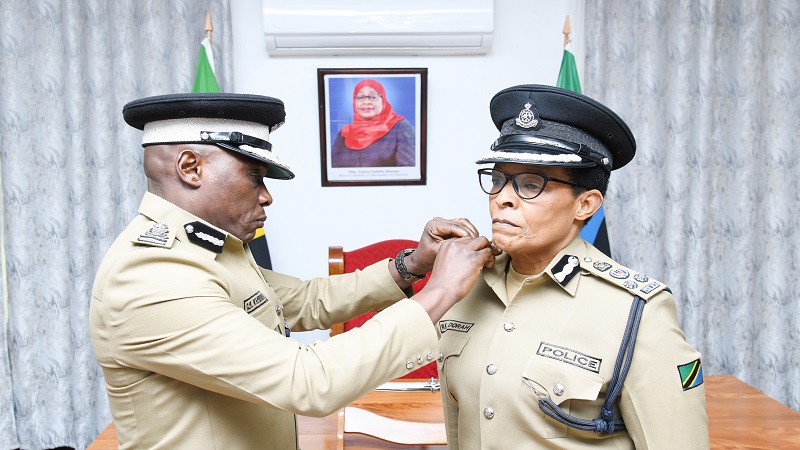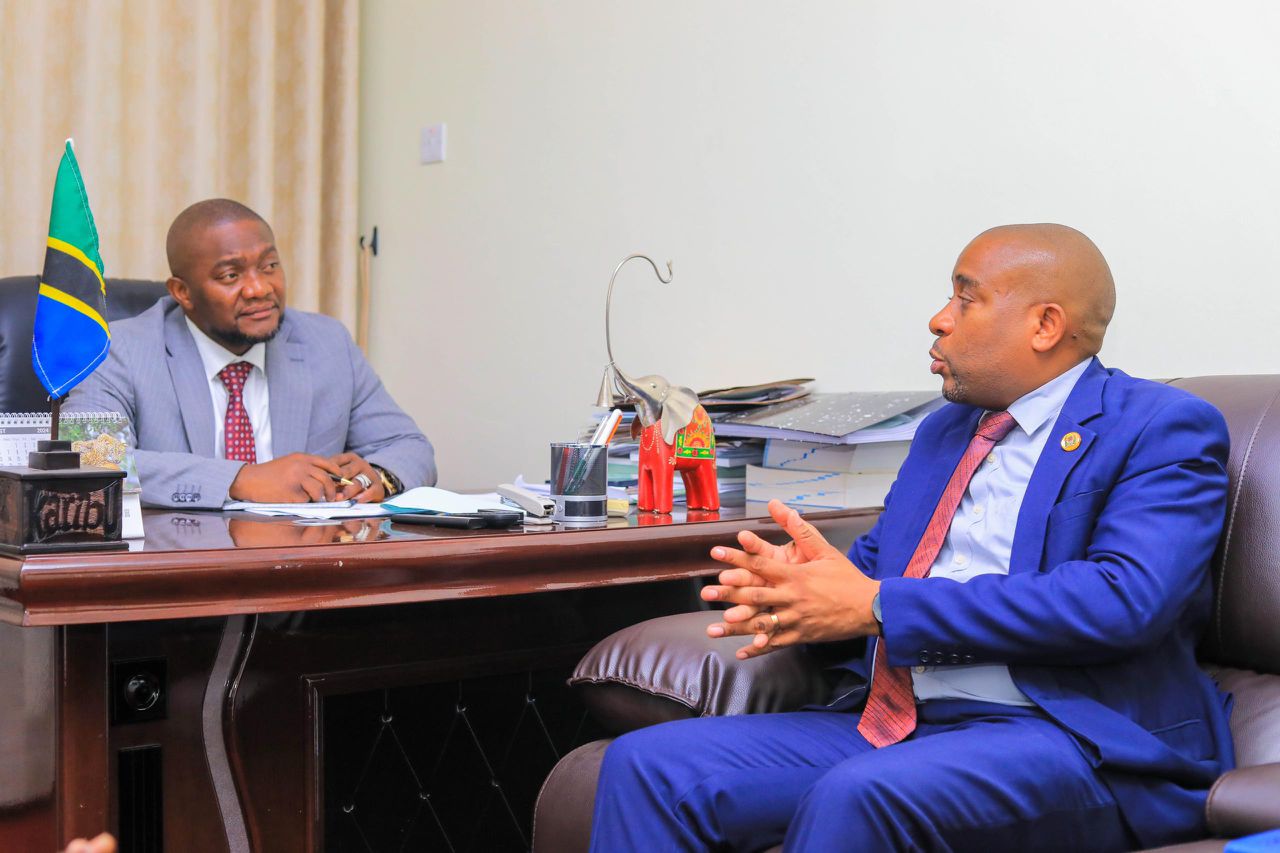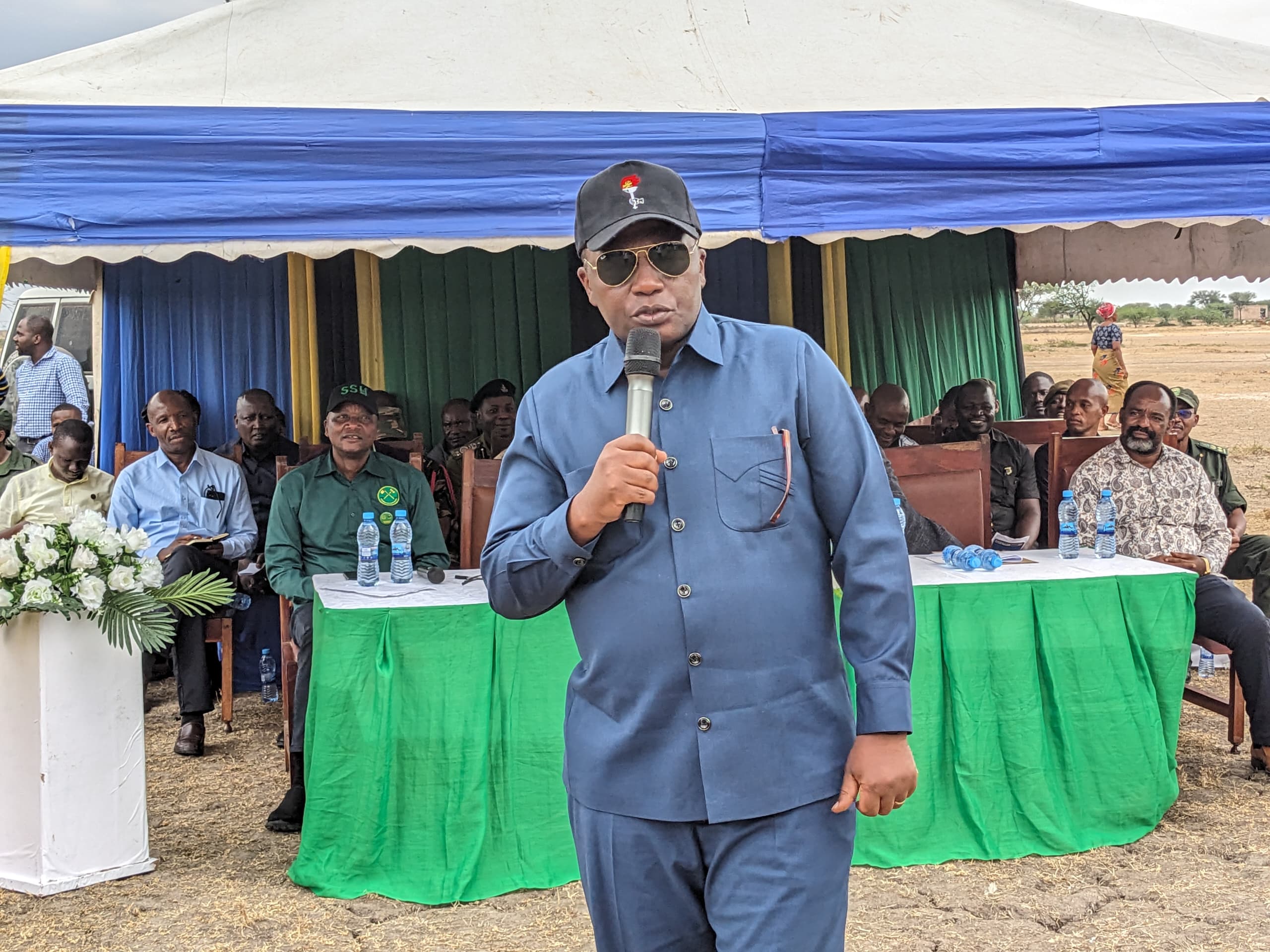Abductions: Police hiding head in sand, activists say
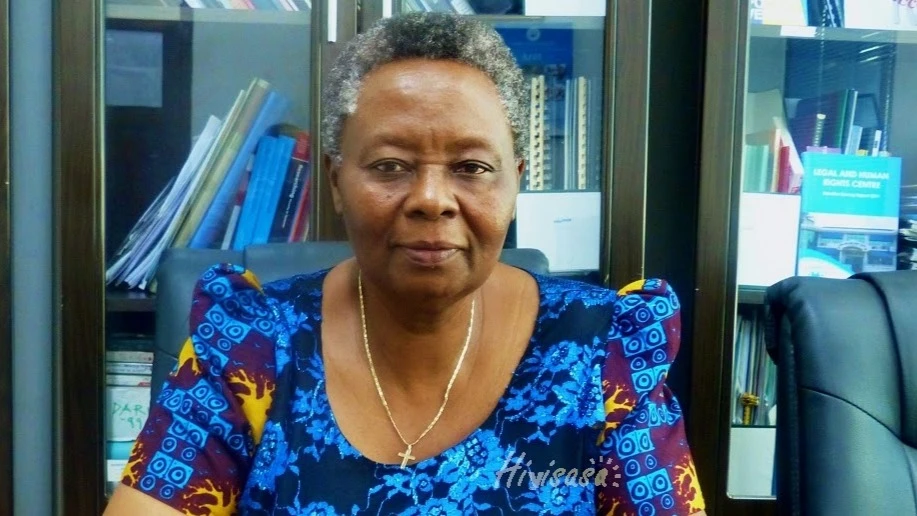
AS fear of child abduction and disappearance spreads, human rights activists have asked security agencies to chip in and investigate reports of the missing children and clearly provide reports about the incidents.
Dr Hellen Kijo-Bisimba, a veteran human rights activist, demanded that the police force skips its standard outlook of denying the reported cases, and instead invest time into investigation and present the facts to dispel the growing accusations.
In an interview with this paper on Tuesday, she said that some abduction cases are true, while it is possible there are some false alerts.
In this situation of fear, it is vital for the police to be honest, explain what happened and actions taken, rather than claiming reports of such incidents are incorrect while they occur, she stated.
“When incidents occur, the police should provide accurate information along with taking action if anyone makes genuinely inaccurate claims, she emphasised, while Adeline Mluge, chairperson of Solidarity for Women and Children with Disability (SOWOC) said the police force has contributed to the growing fear by delaying to provide accurate information to the public.
Parents cannot remain calm when they hear about child abductions, she said, insisting that the police force has the duty of reassuring the public that they are vigilant and should be seen to be doing so with energetic measures to enhance security, she said.
Religious leaders similarly need to condemn the violence against children so as to promote good morals and humane attitudes in society, she further noted, asserting that all these happen because people no longer have fear of God and have lost faith. “We need to reverse this situation,” the activist suggested.
Gema Akilimali, the Tanzania Gender Networking Programme (TGNP) chairperson, said that the incidents have caused uncertainty and all sections of society need to take up their responsibilities, starting from within families to the police force.
The public has to strengthen participatory security through community policing to bolster day and night security rather than the habitual focus on night security, she emphasised.
Deodatus Balile, the Tanzania Editors Forum (TEF) chairman, said in a statement on Tuesday urging the public to avoid spreading false and misleading information online.
Receiving and spreading unverified or actually false information causes panic, inconvenience and shock to parents, guardians, children and the public at large, he said, pointing at the need for social media users to exercise optimal care.
“We urge parents and guardians to fulfill their duty of taking care and protecting their children. We also ask the Police Force to intensify security in various areas across the country to maintain public trust and ensure people feel safe,” he said.
DCP David Misime, the police headquarters spokesman, last week dismissed reports on children's disappearances by abductions and kidnappings, asking the public to ignore such allegations.
In a public statement, he said that this month some people have fabricated false reports that children from a certain school in a particular area have been killed, then circulated the information on social media.
“These reports have caused panic, inconvenience and shock to parents, guardians and the public. This behaviour, besides being a criminal offense, is highly condemnable,” he declared.
He similarly alerted that receiving and spreading unconfirmed information is a criminal offense under the Cybercrime Act of 2015.
Top Headlines
© 2024 IPPMEDIA.COM. ALL RIGHTS RESERVED








![The CEO of Flightlink Limited Mr. Munawer Dhirani and DTB Tanzania CEO, Mr. Ravneet Chowdhury [center] during the unveiling ceremony of the 72-seater ATR 500 aircraft over the weekend. Other officials present at the function are Chief Operating Officer.](https://ippmedia.com/storage/post-feature-images/01J75Y6DM8PY93SGFZD4GYPXJ4.webp )
